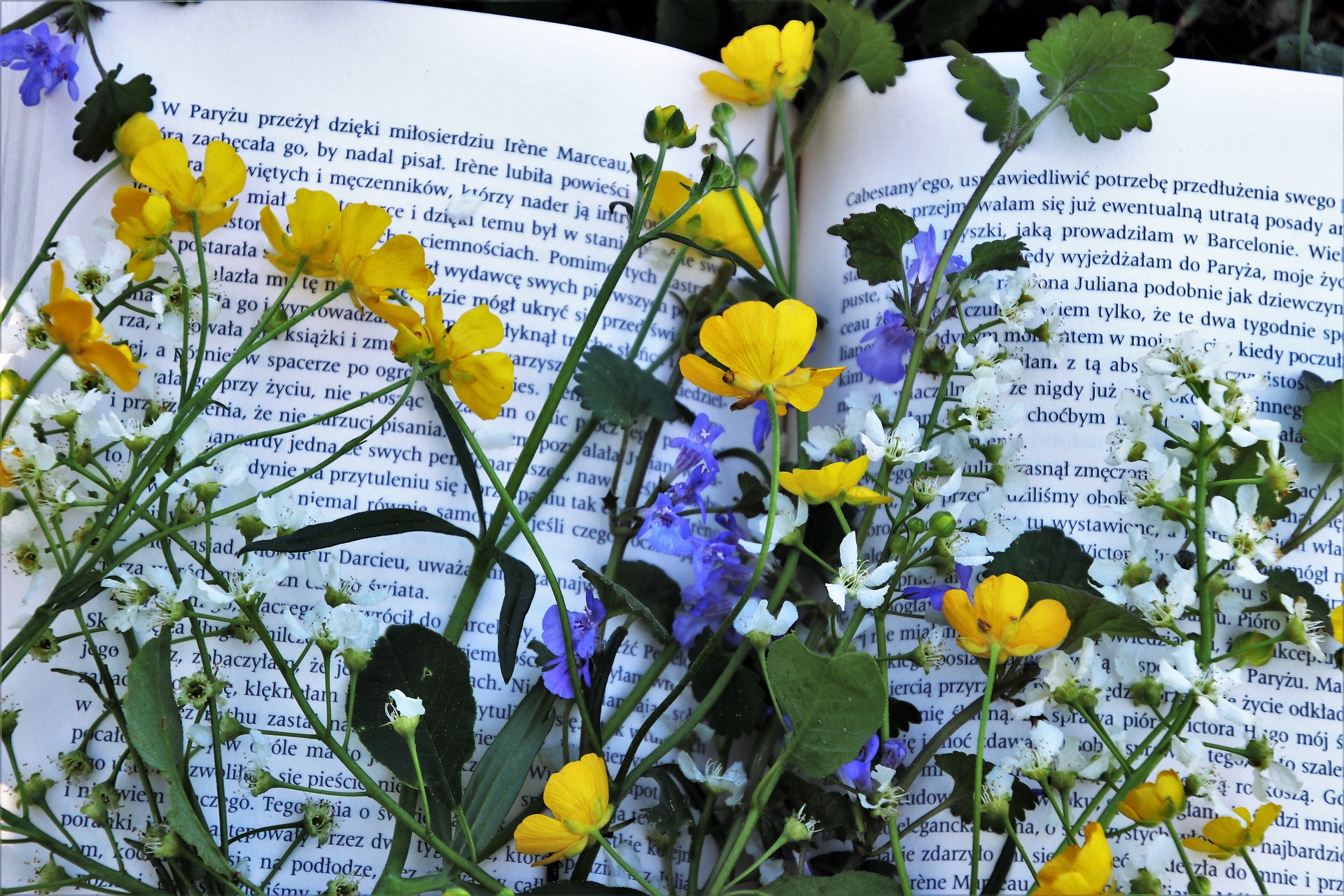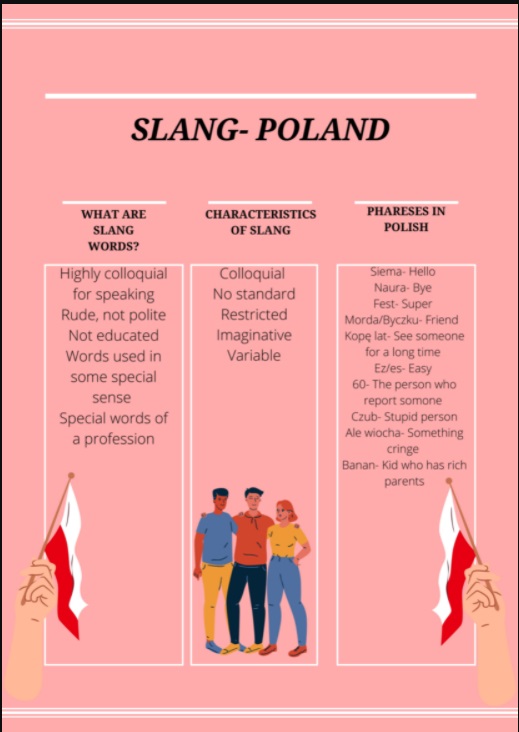
Poland
Slang ('slang' same in Polish) is important to know for any foreign language. Although it is always changing, and new slang words appear all the time there are many classic slang words that are in widespread use in Polish.
Slang is generally considered as informal style of speech which is used by groups of people in particular community. It may be in the form of single word, phrase or a sentence.Slang is very informal language. It can offend people if it is used about other people or outside a group of people who know each other well. We usually use slang in speaking rather than writing. Slang normally refers to particular words and meanings but can include longer expressions and idioms.
Source: https://dictionary.cambridge.org/pl/grammar/british-grammar/slang
Slang, unconventional words or phrases that express either something new or something old in a new way. It is flippant, irreverent, indecorous; it may be indecent or obscene. Its colourful metaphors are generally directed at respectability, and it is this succinct, sometimes witty, frequently impertinent social criticism that gives slang its characteristic flavour. Slang, then, includes not just words but words used in a special way in a certain social context. The origin of the word slang itself is obscure; it first appeared in print around 1800, applied to the speech of disreputable and criminal classes in London. The term, however, was probably used much earlier. Other related types of nonstandard word usage include cant and jargon, synonyms for vague and high-sounding or technical and esoteric language
not immediately intelligible to the uninitiate. In England, the term cant still indicates the specialized speech of criminals, which, in the United States, is more often called argot. The term dialect refers to language characteristic of a certain geographic area or social class.
Source: https://www.britannica.com/topic/slang
ORIGIN OF THE WORD SLANG
Popularized in English during the mid-18th century, "slang" referred specifically to the lexicon of tramps and thieves. It is most likely Nordic in origin, derived from the old phrase slengja kjeften, which literally meant "to sling the jaw," but which carried the implication "to abuse with words."
Slang's current meaning-"informal but vivid colloquial speech used as a deliberate substitute for other terms or concepts in the same vernacular"-became common in the early 19th century, growing in popularity around the same time as the word "slangwhanger," an American English term meaning "one who uses abusive slang" or "a ranting partisan." Tragically, "slangwhanger" is obsolete in our current lexicon.
SOURCE: https://uselessetymology.com/2018/06/25/the-real-etymology-of-slang/

Here is the link to most common slang words in Polish. https://bit.ly/3xl8pSA